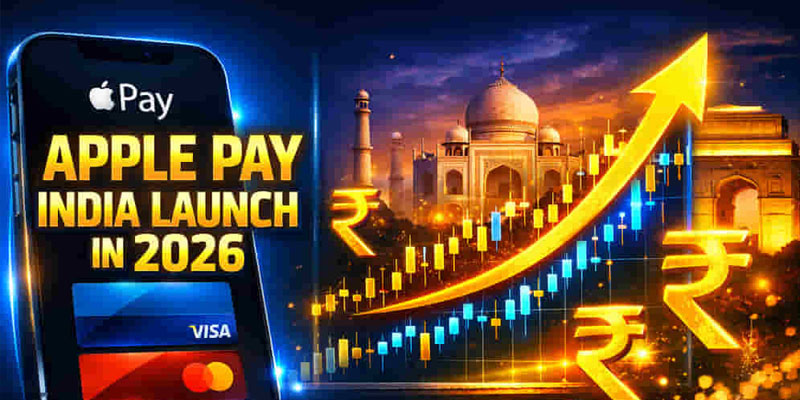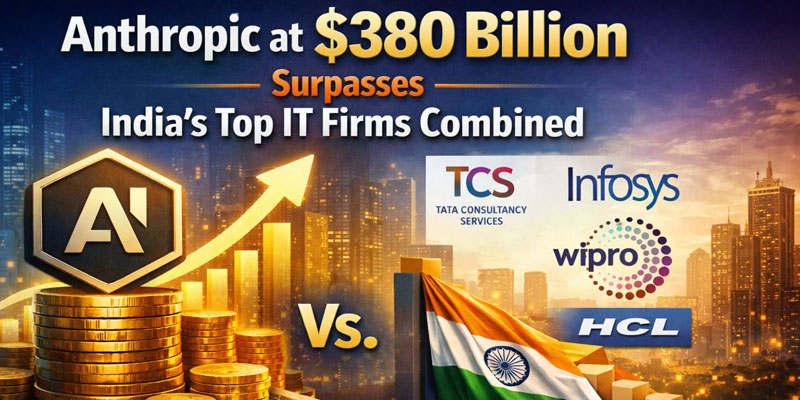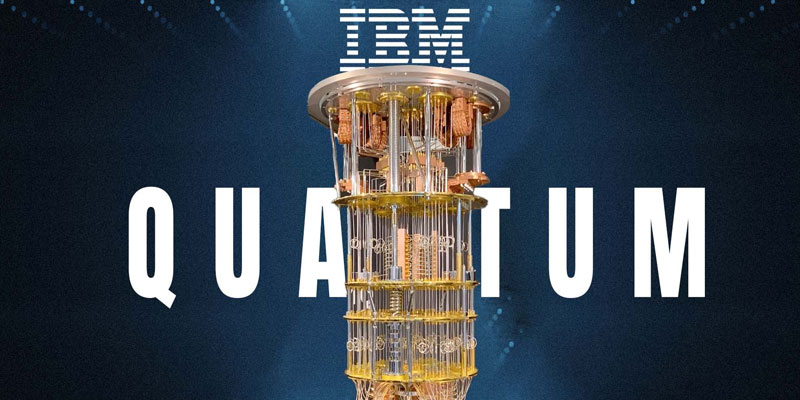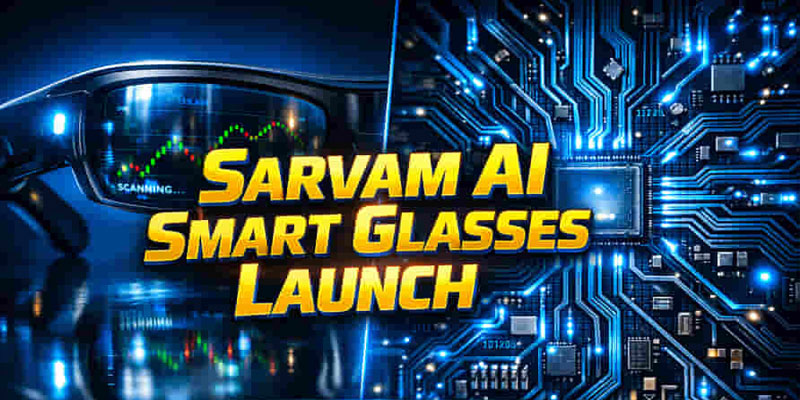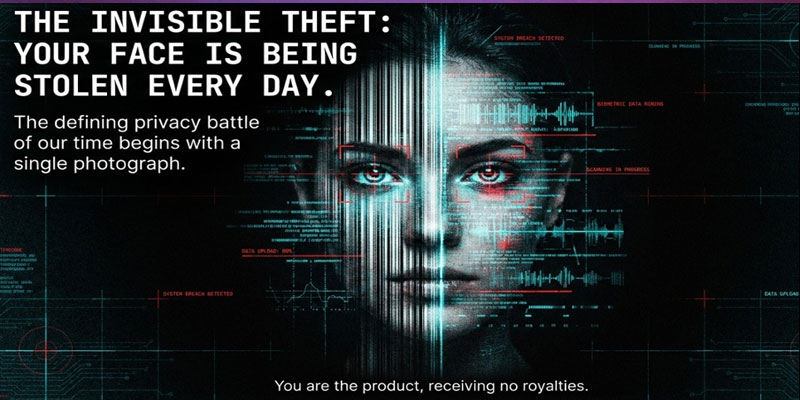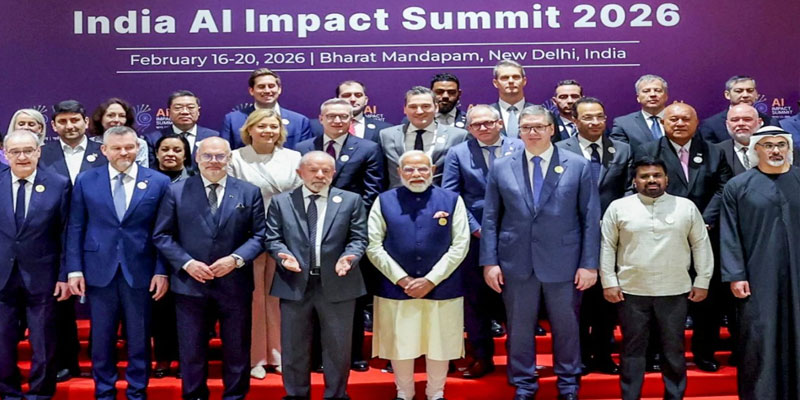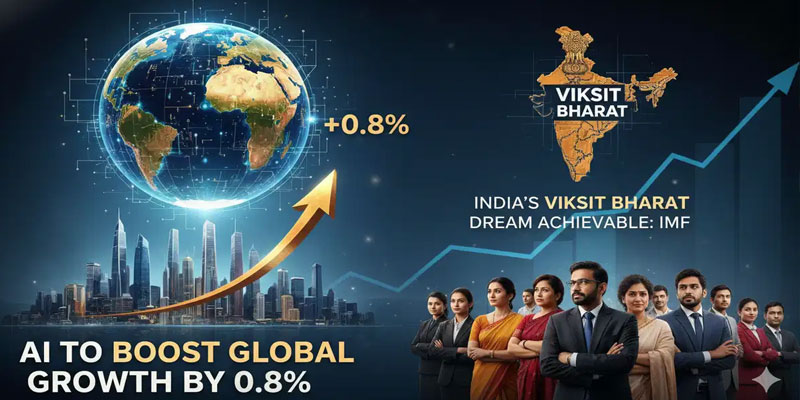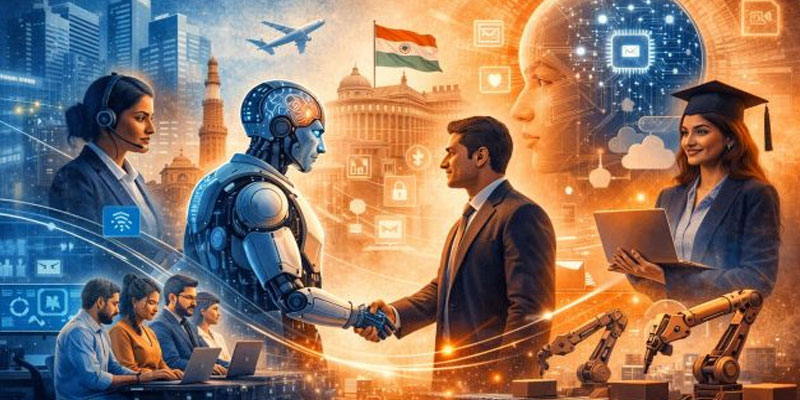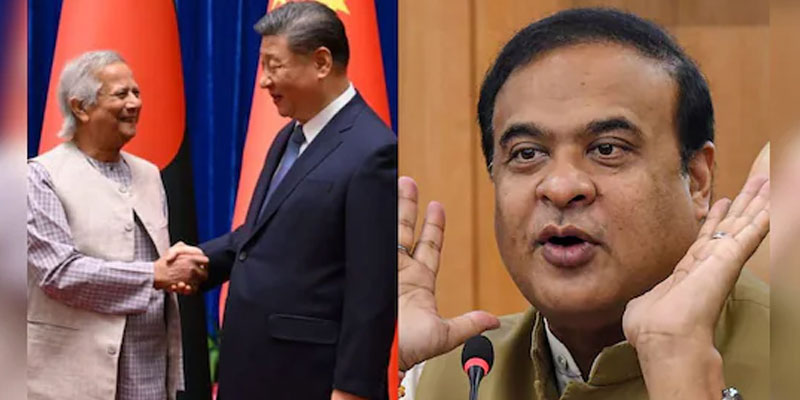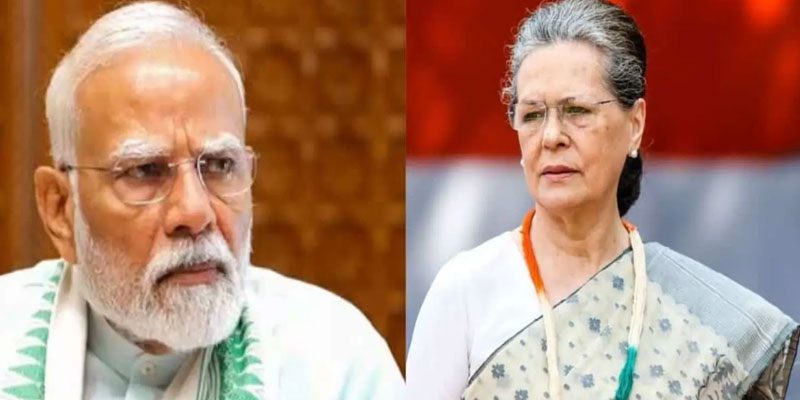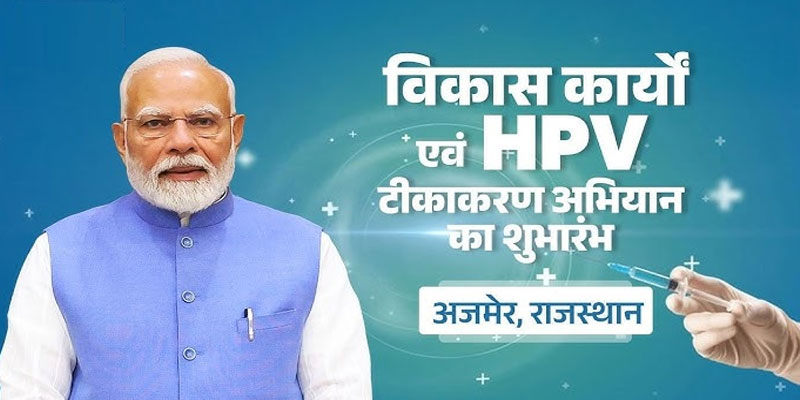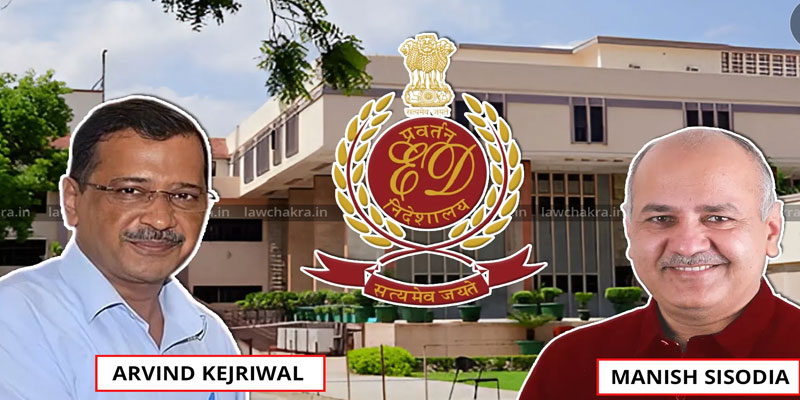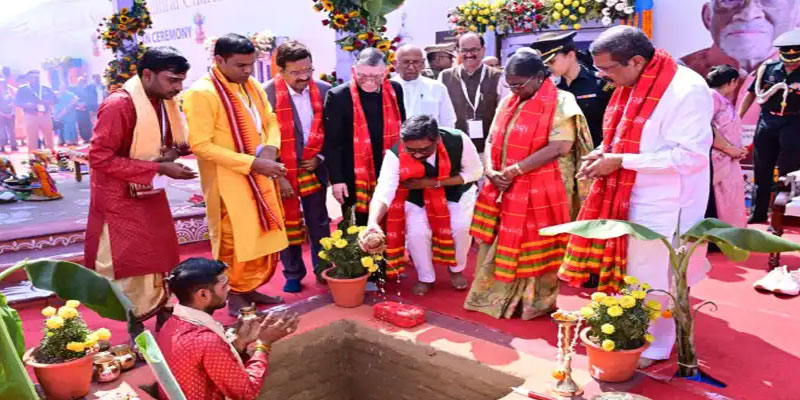CRIS and Its Journey Towards Digital Innovation
The Centre for Railway Information Systems (CRIS), established in 1986, has been the technological backbone of the Indian Railways, powering everything from ticketing to logistics. Over the years, CRIS has developed multiple standalone applications such as UTS for unreserved ticketing, Rail Connect for reserved bookings, and Rail Madad for grievance redressal, which have collectively improved passenger experience.
Marking its 40th Foundation Day, CRIS has now taken a transformative step by launching RailOne, a unified mobile application that consolidates various passenger services on one user-friendly platform. This marks a new chapter in the digital evolution of Indian Railways and aims to redefine how millions of commuters interact with railway services.
All-in-One: The Features of RailOne App
The newly launched RailOne app integrates all essential railway services under a single umbrella. Passengers can now access:
· Reserved and Unreserved Ticket Booking
· Platform Ticket Purchase
· PNR Enquiry and Train Running Status
· Coach Position Display at Stations
· Rail Madad for Grievances
· E-catering and Feedback Submission
· Refund Claims for Cancelled Trains
This unified platform eliminates the need to download multiple apps, reducing clutter and enhancing convenience. Moreover, freight-related services, while currently unavailable, may be integrated in future versions.
Why RailOne Was Introduced: The Need for Consolidation
Prior to RailOne, passengers relied on multiple apps—each catering to a specific function, from NTES for train tracking to IRCTC for meals. This fragmented experience led to user inconvenience, storage concerns, and password fatigue.
Railway Minister Ashwini Vaishnaw, while inaugurating the app, emphasized that a centralized digital platform was imperative for India’s vast and complex railway network. The move also aligns with global benchmarks in passenger-centric digital transformation. Importantly, existing credentials from apps like UTS and Rail Connect will be compatible with RailOne, offering a smooth transition.
Security and Scalability: Building a Resilient Backbone
The minister also raised an important point—cybersecurity. With increased digital penetration, CRIS has been instructed to fortify router-level security, known to be a major vulnerability in network infrastructure.
The new system is also a leap in data-handling capabilities. The upgraded Passenger Reservation System (PRS) will support:
· 1.5 lakh ticket bookings per minute
· 40 lakh enquiries per minute
· Multilingual support
· Scalable architecture for 10x traffic load
· Advanced functionalities like seat preferences and fare calendars
The system is being designed with inclusivity in mind, offering integrated options for Divyangjan (differently-abled individuals), students, and patients.
User Benefits: Discounts and Ease of Access
The RailOne app also comes with economic advantages. Unreserved and platform tickets booked via the app will carry a 3% discount, encouraging digital usage. Moreover, the app includes:
· R-Wallet for cashless payments
· Login via biometric or mPIN
· Guest login for basic enquiries using OTP
· Simplified user interface
Even though legacy apps remain functional, officials recommend using RailOne to save device space and reduce password management hassles.
Recent Digital Rail Innovations: A Broader Context
RailOne is not an isolated initiative. In recent years, Indian Railways has seen multiple digital milestones:
Ø KAVACH, India’s indigenously developed train collision avoidance system
Ø Automatic Train Supervision System for Metro networks
Ø AI-based predictive maintenance for trains and tracks
Ø E-auction of freight slots and station redevelopment projects
These innovations align with the Railways’ Digital India push, bringing transparency, speed, and accountability to its operations.
One App, Many Possibilities
The launch of RailOne underscores Indian Railways’ commitment to creating a seamless, secure, and scalable digital ecosystem for its passengers. As CRIS continues to modernize railway infrastructure through cutting-edge technologies and integrated platforms, RailOne could serve as the foundation for a truly smart railway experience—one that’s citizen-friendly, data-driven, and globally competitive.
In a country where over 23 million people travel by train daily, this move represents more than just technological progress—it is a giant stride toward democratizing access to quality rail services for all.
(With agency inputs)



